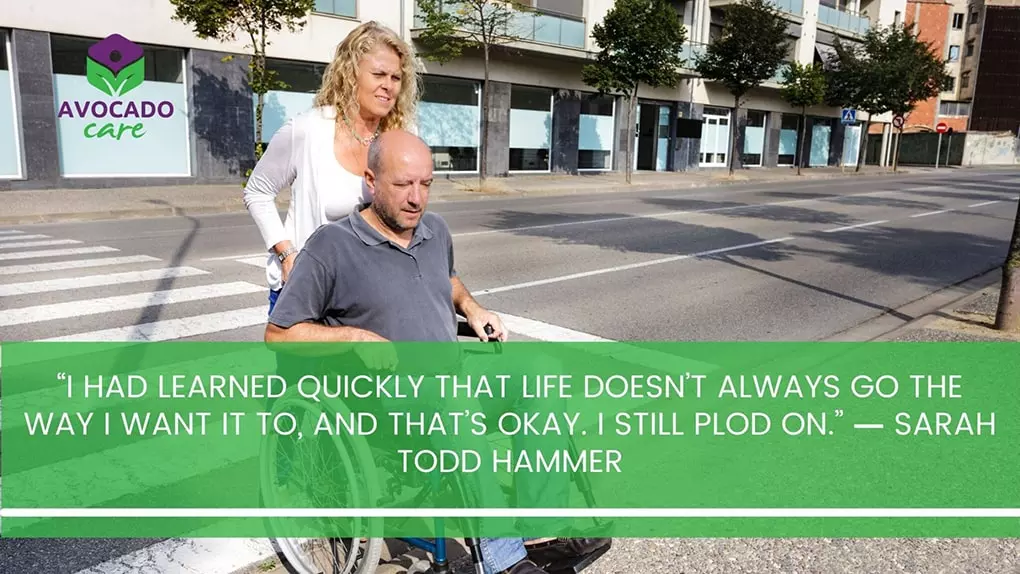Individuals who receive occupational therapy for children with learning disabilities can improve their performance in relevant tasks. This would include education, play, and social interaction with peers for children.
What exactly are learning disabilities?
A learning disability is defined as a neurological condition in processing structured data and specific types of information. Some learning disabilities are observed separately, whereas others are frequently encountered simultaneously, such as dyslexia and dyspraxia.
Learning difficulties is a broad word that encompasses a number of conditions, including dyspraxia, dyslexia, and attention deficit hyperactivity disorder (ADHD).
How can I tell if my child has a learning disability and needs disability support services?
The way a learning disability manifests itself varies from child to child. The following are some of the most common warning indicators that should be investigated further:
- makes sentences containing words that aren’t in the right order
- problems with memory
- poor spelling or a problem arranging letters in a correct order
- failing to make tidy, legible work or producing work at a slow pace, causing them to lag behind in class
- having trouble translating what they see on the board or in a book into their own work, such as copying from the board into their homework book or losing their place when reading or copying
- inability to read well
- reverses the order of written letters
- difficulty memorizing newly learned phrases or times tables
- Distracted easily
If you’d like to learn more about our disability support services and how occupational therapists can assist people to overcome typical challenges connected with learning disabilities, get in touch with AvocadoCare.

How can occupational therapy for children with learning disabilities help a child who is having trouble learning?
An occupational therapist can help a child, their school, and their parents by providing treatment, advice, methods, and practices to help them cope with the implications of a learning disability in their daily lives. It is critical to begin therapy as soon as possible to minimize the impact on self-confidence and esteem among peers and in the classroom.
Intellectual disability occupational therapy can help a child who has been diagnosed with a learning disability to investigate the underlying issues that are generating the difficulties, such as visual perception disorders, behavioral problems, or psychomotor deficits. The goal of intellectual disability occupational therapy is to improve the child’s participation at home and at school. An OT may employ a variety of tactics to work with a kid, including:
- cognitive-behavioral therapies that are done to teach self-control and improve attention and concentration in children
- Assessments and tools to aid in the improvement of printing and handwriting skills. OTs will frequently employ resources and materials that are appropriate for the child’s development as well as a variety of learning methods.
- Tasks are frequently streamlined by occupational therapists to make them easier for the children to manage.
- Improved time management techniques
- visual cues, for example, might be used as memory prompts or aids to assist the youngster mentally prepare
- To better help, the child, collaborate with teachers, parents, and family members. The OT will make improvements to the physical environment (in the classroom and/or at home) that will encourage the kid to participate more actively. It can be accomplished by altering not only the immediate environment (e.g., adding equipment that may assist the kid), but also the structure of the child’s schedule (e.g., the child’s involvement may strengthen if they get small, frequent breaks every day).
Occupational therapy for children with learning disabilities is a great believer in early intervention, with the motto “the younger the child, the better the outcome.” Having said that, it’s important to keep in mind that the brain can constantly reorganize itself, and treatment can help at any age as long as a person is confronted with novel difficulties that make her or him involved.














